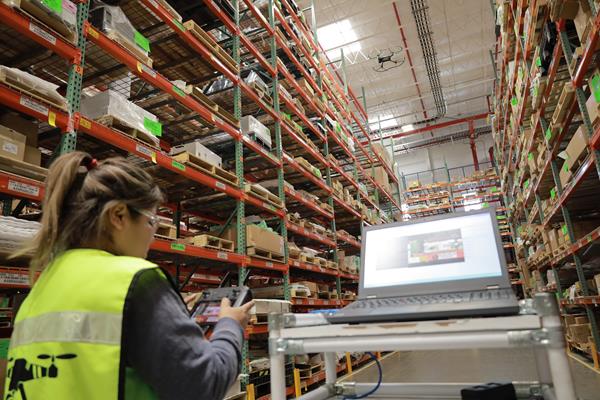Rueil-Malmaison, France, Oct. 08, 2024 (GLOBE NEWSWIRE) - Schneider Electric, the leader in the digital transformation of energy management and automation, today announced the World Economic Forum has recognized two of its factories as new Lighthouses. Monterrey 1, Mexico has been designated as a new Advanced Lighthouse, while Shanghai has been recognized as a new End-to-End Lighthouse.

These are the sixth and seventh factories to join the Forum’s Global Lighthouse Network for Schneider Electric with the company’s factories in Wuxi, China, Batam, Indonesia, Le Vaudreuil, France, Lexington, Kentucky, and Hyderabad, India achieving Lighthouse status in prior years. Le Vaudreuil, Lexington, and Hyderabad are also three of 17 global Sustainability Lighthouses, recognized for their technology-enabled improvements on their environmental footprints.
The Forum’s Global Lighthouse Network is a collaborative platform bringing together forward-thinking industrial organizations leading the charge in adopting Fourth Industrial Revolution technologies. Co-founded with McKinsey & Company in 2018, the Network now showcases 172 leading examples of factories leveraging technology innovations like artificial intelligence, 3D-printing, and big data analytics, to drive efficiency, competitiveness, and transformative business models at scale.

Schneider Electric’s Shanghai factory produces critical electrical system devices such as contactors, overload relays, and motor circuit breakers. With demand from new energy markets, the plant’s global orders surged and SKUs increased fourfold over four years. To respond to the growing demand, the factory team increased automation across production by 20% and integrated advanced technologies including machine learning-enabled prototyping, smart planning and scheduling, and GenAI-driven maintenance. This led to a 67% reduction in make-to-order lead time and an 82% boost in labor productivity.
Facing growing demand for higher-complexity products, the Monterrey 1 factory deployed digital technologies to enhance supply chain resilience and agility. Autonomous robots and drone technology made material handling more efficient and building and energy management systems contributed to approximately 30% reduction in energy and water consumption. By leveraging 4IR technologies including machine learning for demand forecasting and deep learning during inspections for improved quality outcomes, the plant has sustained an annual growth rate of 24% while lowering manufacturing costs by 16%, product defects by 20%, and customer lead time by 49% over three years.
“Our Shanghai and Monterrey 1 sites showcase the value of 4IR technologies,” said Mourad Tamoud, Schneider Electric’s Chief Supply Chain Officer. “It’s important that we, as an industry, continue to invest in these digital technologies – and the people that use them - at greater scale to bolster operational strengths and mitigate risks.”
“Lighthouses are breaking through the AI hype, and raising the bar for digital transformation,” said Kiva Allgood, The World Economic Forum’s Head for the Centre for Advanced Manufacturing and Supply Chains. “These sites are integrating advanced technologies into their operations, not just to enhance productivity, but to create a sustainable and inclusive future for their workforce and the broader community.”
Impact Supply Chain Program
The two factories are reflective of the company’s Impact Supply Chain program. This is the next evolution of the company’s supply chain transformation, which aims to make a positive impact on both customers and the planet. Its key pillars are:
Schneider Electric Media Relations – global.pr@se.com
随机文章